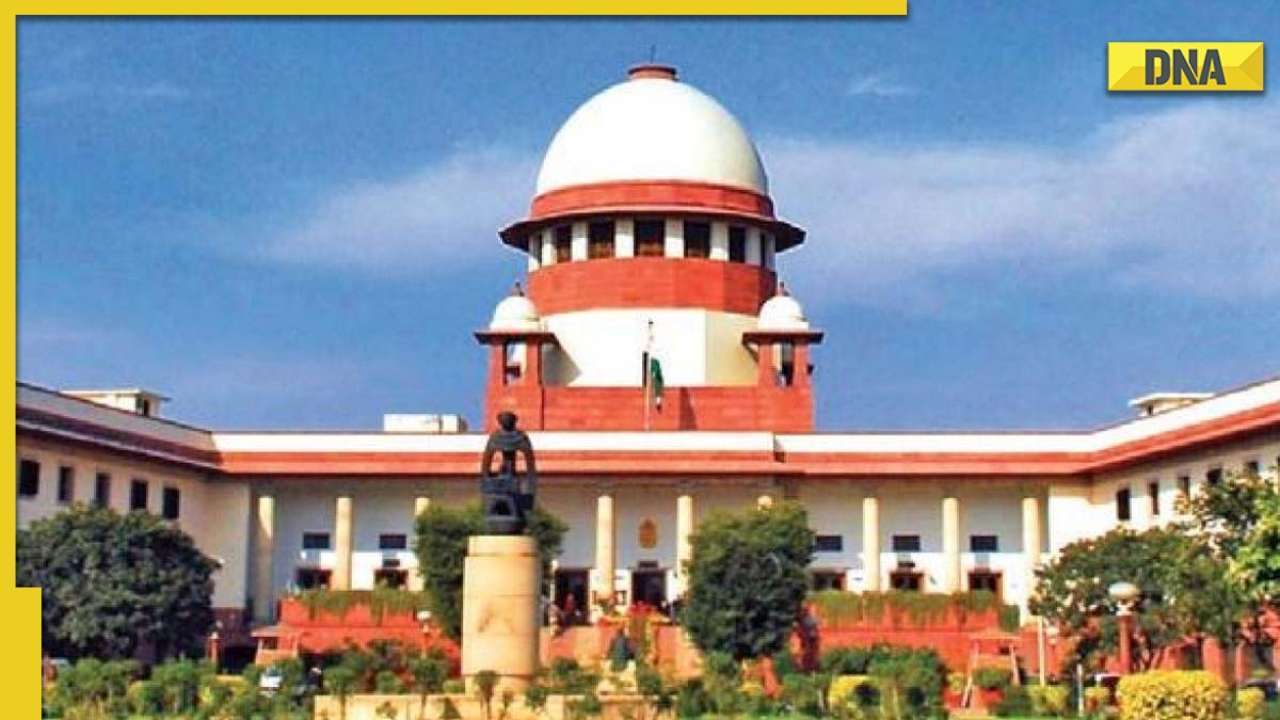
Capital punishment has always been a heavily debated topic in India, with very few cases of death sentences recorded that too only for heinous crimes. Now, the Supreme Court has decided to create criteria for how to decide which convict deserves a death sentence.
While hearing pleas, the Supreme Court on Monday referred to a five-judge Constitution bench in a suo motu case concerning the framing of uniform guidelines for the trial courts on granting "real and meaningful opportunity" on the issue of the sentence to the convicts held guilty for offences entailing capital punishment.
The order issued regarding the granting of death sentences to convicts has been necessitated due to a difference of opinion and approach amongst various judgements, on the question of whether, after recording a conviction for a capital offence, under law, the court is obligated to conduct a separate hearing on the issue of sentence.
A bench of Chief Justice UU Lalit and Justices S Ravindra Bhat and Sudhanshu Dhulia referred to various verdicts on the issue passed by different benches of the apex court, relating to granting death sentences to convicts in several cases. One of the most notable of these cases was the 1983 judgement of Bachan Singh versus the State of Punjab.
The Supreme Court bench said, “Consequently, this court is of the view that a reference to a larger bench of five Judges is necessary for this purpose. Let this matter be placed before the Chief Justice of India for appropriate orders in this regard.”
The bench noted that it is also a fact that in all cases where the imposition of capital punishment is a choice of the sentence, aggravating circumstances would always be on the record, and would be part of the prosecution's evidence, leading to conviction, whereas the accused can scarcely be expected to place mitigating circumstances on the record, for the reason that the stage for doing so is after conviction.
(With PTI inputs)